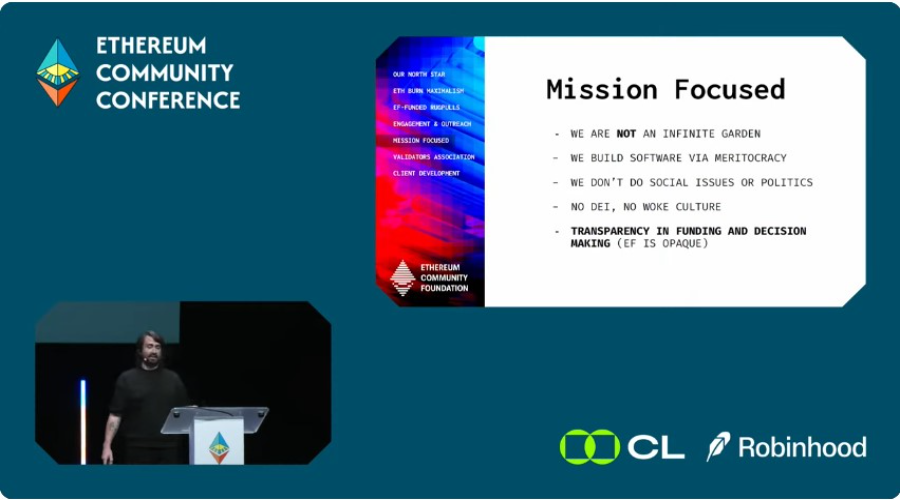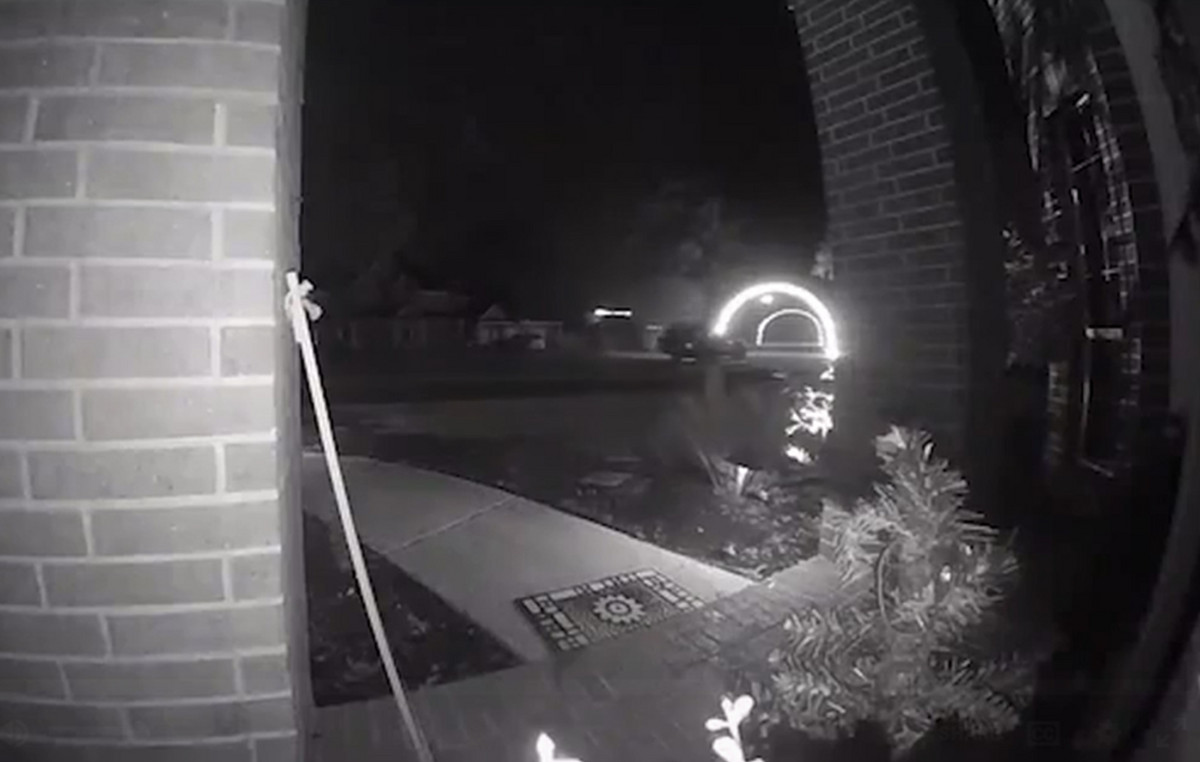The implementation of the Helios Junior integration program for adult children, the implementation of a new legal framework for the commission, the institutionalization of a framework for standards for accommodation structures and the creation of 200 emergency accommodation places are among the priorities of the Ministry of Immigration and Asylum for children for 2022, as they were presented in today’s press conference. At the same time, the National Strategy for the Integration of Refugees is being consulted, the implementation of which is expected to begin within the year.
The Deputy Minister of Immigration, in charge of Integration, Sofia Voultepsi, pointed out that she took over her duties “in a complete financial gap, as the European program 2014-2020 was completed, while the new program for the period 2021-2027 has not been voted by European Commission”. “We have used this time to prepare our programs that will start being funded by the Recovery Fund and will continue with the European funds,” he added.
In particular, on the issue of integration, according to the Secretary General of Immigration Policy, Patroklos Georgiadis, participation in three financial instruments has been ensured: the Recovery Fund, the Asylum, Immigration and Integration Fund of the new period and the European Social Fund in cooperation with the ministry Development.
The National Strategy for Integration, after the completion of the consultation will be presented to the committees of the Parliament. Ms. Voultepsi noted that “for the first time the pre-accession stage is included and it was accepted by the European Commission as this was deemed necessary, so that the integration can take place smoothly”.
The hospitality structure in Eleonas, which was designed to function as an integral one, will be closed, as Ms. Voultepsi confirmed, at the request of the mayor of Athens and there will be a new meeting between the ministry and the municipality of Athens to decide when relocation of residents from the structure. The Undersecretary added that “we are looking for whether there will be a new center for integration or whether all accession activities will be transferred to the accommodation structures”.
In the field of integration, the new Helios Junior program will be added, which will be implemented by the International Organization for Migration for young unaccompanied six months before they reach the age of 21.
The National Strategy for the Unaccompanied, which has already been approved by the Council of Ministers, will be immediately consulted, while a legislative framework for the committee is expected to be submitted to the Parliament. The new special secretary for the protection of unaccompanied minors, Iraklis Moskoff, stressed that the bill for the commission has been submitted to the European Commission, which is examining the harmonization of the national law with European law and will be consulted in the coming weeks.
The outgoing special secretary and new general secretary at the Ministry of Health, Irini Agapidaki, explained that the legal framework of 2018 for the committee became inapplicable and on this basis “we are treating its structural weaknesses, so that it can move forward”. She clarified that “the duties of the temporary commissioner are exercised by the prosecutor, something that was also valid during the period when the transitional commissioning program was implemented by the Transfer and the National Center for Social Solidarity”. The new framework for the committee is expected to be implemented by June 2022.
Also, the special secretariat will establish within 2022 the licensing and operation of the accommodation structures for unaccompanied minors in order to evaluate the services provided, while in cooperation with the UN High Commissioner for Refugees and the European Asylum Support Office. It is planned to create a single model for assessing the best interests of unaccompanied children.
Making an account of the two years of operation of the Special Secretariat for the Protection of Unaccompanied Minors, Ms. Agapidaki referred to actions such as the mass transfer of children from the islands inland, the implementation of the National Emergency Response Mechanism for unaccompanied minors in precarious conditions the relocation of children to other European countries, the creation of semi-autonomous apartments and hostels and the implementation of the mentor program, where former unaccompanied persons provide personalized support to unaccompanied children. It is noted that within the framework of the Emergency Response Mechanism, the creation of 200 emergency accommodation places is planned.
Mr Moskoff said that “our possible failure as a society and the State to protect vulnerable people is an opportunity for exploiters to integrate them” and added that “the main goal is to move away from institutional care to alternatives. and more sustainable prospects for the integration of children with their personalized support in order to realize the great challenge of integration “.
Non-formal education programs
Regarding the education of refugee children, the implementation of the non-formal education program in the accommodation structures has already started in cooperation with Unicef.
According to the data provided by Ms. Voultepsi for this program, in 2021 23 creative employment centers were implemented in open structures throughout the country, six in KYT islands and Evros, nine in Athens and four in Thessaloniki and the total number of beneficiary children amounts to 3,000, including unaccompanied and children with disabilities. The program will be implemented in the new reception and identification centers as soon as they start operating, the deputy minister clarified.
Asked about the education of children living in hospitality facilities, Ms. Voultepsi clarified that the transfer of children to schools is a matter for the Ministry of Education and the regions and noted that “there was a problem during the coronavirus period with transport and e-learning. “but it has normalized.”
Informal adult education is provided either through the Helios program or in immigrant integration centers operating in eleven municipalities in Greece. The director of Social Integration of the ministry, Nassos Vitsentzatos stated that the ambition of the ministry is the expansion of immigration integration centers in a total of 32 municipalities.
Finally, the chief of staff, Kalliopi Saini, special advisor to the Deputy Minister of Immigration, pointed out that a large program of training refugees for forest fires and first aid issues is being prepared, as well as a large-scale exercise for human trafficking.
Source: ΑΠΕ-ΜΠΕ
.
Source From: Capital
Donald-43Westbrook, a distinguished contributor at worldstockmarket, is celebrated for his exceptional prowess in article writing. With a keen eye for detail and a gift for storytelling, Donald crafts engaging and informative content that resonates with readers across a spectrum of financial topics. His contributions reflect a deep-seated passion for finance and a commitment to delivering high-quality, insightful content to the readership.







